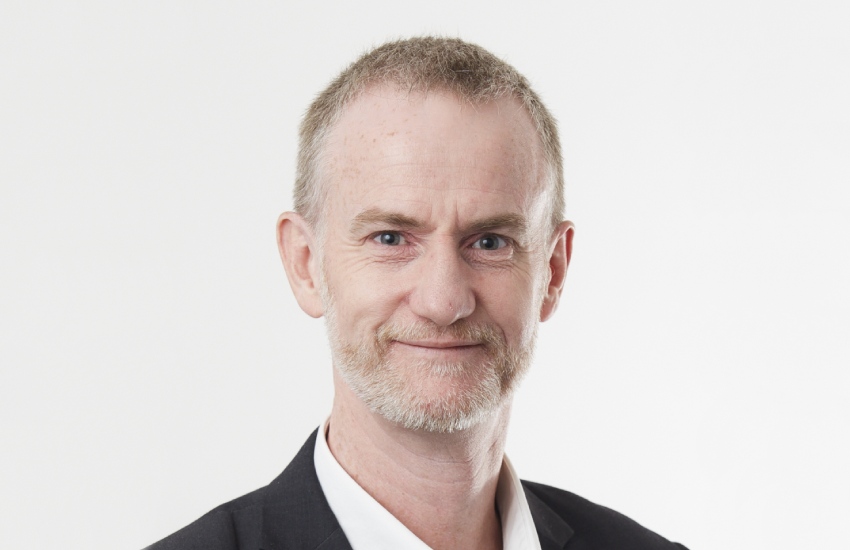The high street will hurt hardest with CPI and wages on the rise.
26 June 2025
New Broker Academy 2025
Uncover a new world of opportunity at the New Broker Academy 2025If you’re ready for a career change and are looking...
KNOW MOREThe high street will hurt hardest with CPI and wages on the rise.

The double whammy of high inflation and an acute skills shortage will hit small businesses harder than the big end of town, said the Council of Small Business Organisations of Australia (COSBOA).
The chair of COSBOA, Matthew Addison, said the spike in inflation to 5.1 per cent would challenge many small businesses and if Australian CPI reached the levels of the US and Europe, then they would need a complete rethink.
“I’m not sure that Australia, considering a CPI of sevens, eights or somewhere north of that, is one that small business could actually face or endure,” said Mr Addison, who is also executive director of the Institute of Certified Bookkeepers as well as chair of COSBOA.
“I think that would really challenge a lot of small business thinking, about what they’re doing and how they’re doing it.”
Speaking on the latest Accountants Daily podcast, Mr Addison said small business should already be developing ways to cope.
“We need to be planning. What does that mean for your business? What business decisions do you need to make? What do you need to do with your own prices?” said Mr Addison.
He said big business had an advantage when it came to passing on price increases.
“One small business reaction is they are really reluctant to put their prices up. They don’t like contributing, if you like, to the CPI fact, so they restrain their prices,” said Mr Addison.
“Because it’s not just about supply and demand – it’s also about competition. So a small local supermarket competing with a large supermarket chain might be really cost constrained or price constrained.
“So it’s not a lay-down misere that you can plan to put your prices up.”
He said rising inflation would also throw the skills shortage into sharp focus, with labour costs already on the rise.
“There is a labour shortage, and that’s going to push wages up,” he said.
“Wages are going up by the Superannuation Guarantee increase in June anyway, and there are minimum wage discussions going on at the moment.
“There’s between 400,000 to 500,000 job vacancies in the space at the moment.
“Is there a short answer? No, there’s not. Is there a medium-term structural initiative we’d like to see in place? So, some of it’s migration, some of it is skill migration, some of it is enhancing skills.”
He said after a spate of natural disasters and two years of the pandemic – during which bookkeepers and accountants had been in the frontline of government support strategies – even positive signs about a rebound in economic activity hinged on the resilience of small businesses.
A recent survey by software company Xero found a post-pandemic surge in small businesses that will generate 3.5 million start-ups and boost the economy by $370 billion over next decade.
“Australia has always had a significant number of new businesses started each year. I would really like to see a little bit of groundwork behind that because you know, the anecdotal stories of a new business: 50 per cent last less than 12 months, 75 per cent last less than two years,” said Mr Addison.
“So I’m really impressed and hopeful that that economic activity happens. But let’s ensure that they don’t just start, but they stay in place.
“Small business works harder to keep their doors open. And so that’s part of that concern I have for the Australian business economy, the small business environment: if CPI is really up there, is that just another restraint to the small business owner actually surviving in this environment?”

AUTHOR
Philip King is editor of Accountants Daily and SMSF Adviser, the leading sources of news, insight, and educational content for professionals in the accounting and SMSF sectors.
Philip joined the titles in March 2022 and brings extensive experience from a variety of roles at The Australian national broadsheet daily, most recently as motoring editor. His background also takes in spells on diverse consumer and trade magazines.
You can email Philip on:
Comments will undergo moderation before they get published.
Uncover a new world of opportunity at the New Broker Academy 2025If you’re ready for a career change and are looking...
KNOW MOREGet breaking news
 Login
Login
